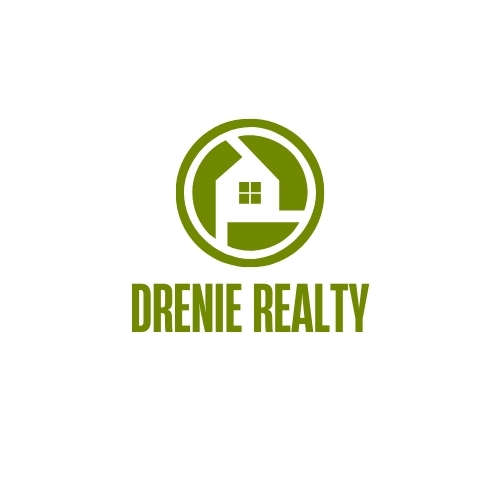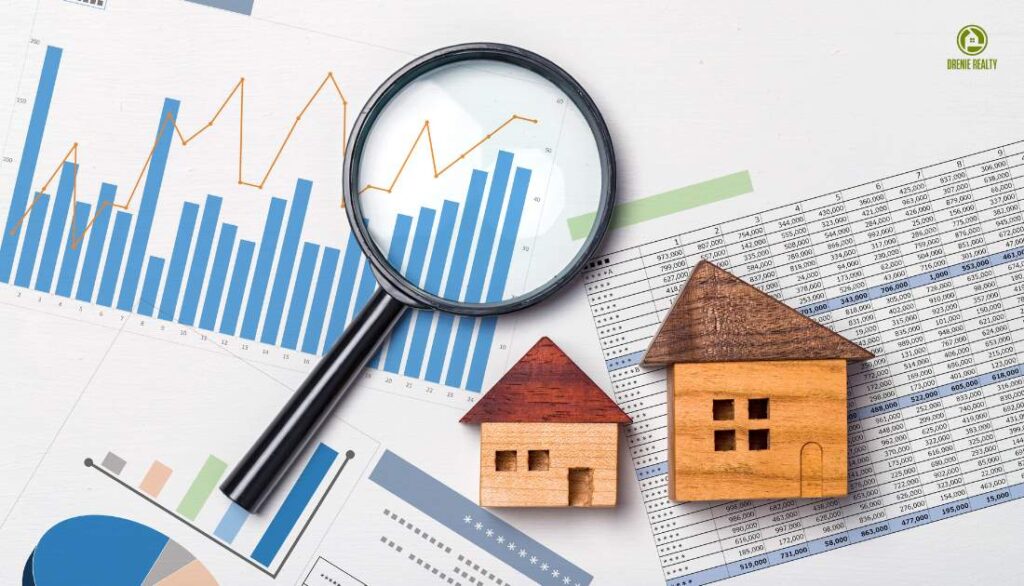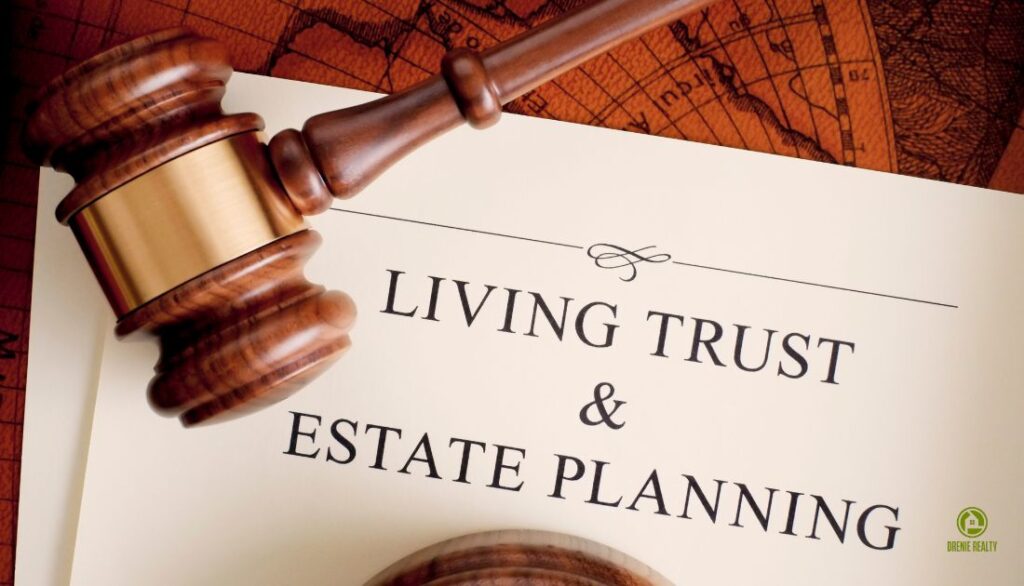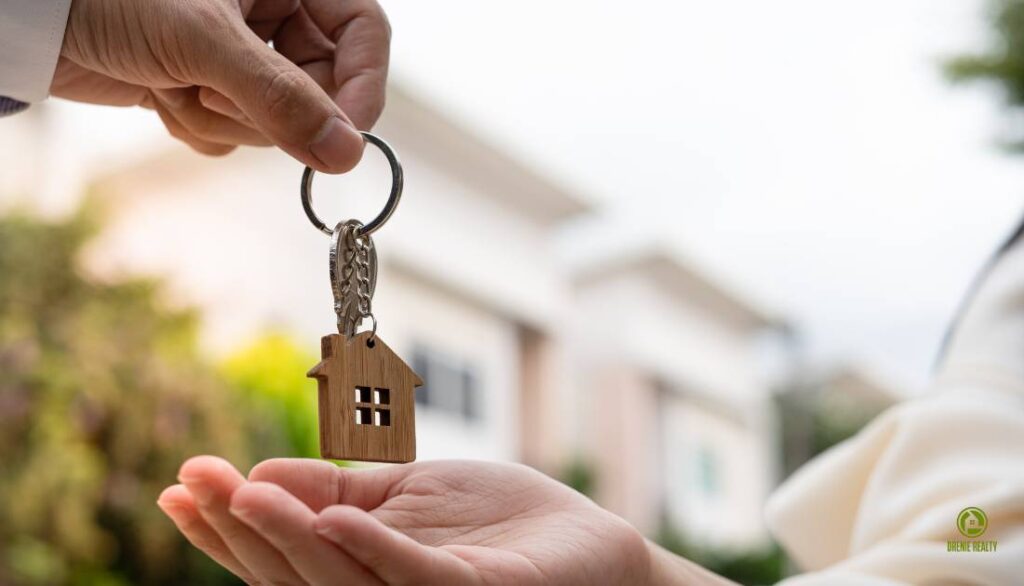Wholesaling real estate can be an incredibly lucrative venture, particularly for those looking to enter the industry without a significant upfront investment.
While obtaining a real estate license can offer certain advantages, it’s not always necessary to begin wholesaling. This guide will outline How to Become a Real Estate Wholesaler Without a License?
Understanding the Basics of Wholesaling
Definition
Wholesaling involves identifying properties that are listed below market value, securing them under contract, and assigning that contract to a buyer for a fee. The key benefit of wholesaling is that it allows you to profit without purchasing the property yourself.
No License Required
In many states, a real estate license is not required to wholesale properties as long as you’re not acting as a buyer’s or seller’s agent. However, it’s critical to understand the local and state laws governing real estate transactions to stay compliant.
Legal Compliance
Make sure you comply with all relevant legal requirements in your area when wholesaling real estate. Understanding these regulations will protect you and enhance your credibility in the market.
Developing a Solid Business Plan
Define Your Niche
Identifying the type of properties, you want to target is crucial. Whether you focus on distressed properties, pre-foreclosures, or fix-and-flips, defining your niche will help you concentrate your efforts and allocate resources more effectively.
Set Goals
Establish clear financial targets and a timeline for your wholesaling business. Having specific, measurable goals will not only keep you motivated but also ensure that you stay on track as you build your business.
Build a Team
Although you don’t need a real estate license to wholesale, collaborating with a licensed real estate agent or attorney can be highly beneficial. They can provide legal advice, assist in navigating contracts, and help you mitigate potential risks, ensuring compliance with local laws.
Mastering Negotiation Skills
Effective Communication
To succeed in wholesaling, you must develop strong communication skills. This will help you negotiate effectively with both sellers and buyers. The ability to clearly articulate your value proposition can significantly impact your success.
Know Your Market
Stay updated on local market trends, property values, and real estate regulations. This knowledge will not only empower you during negotiations but will also help you make informed decisions that align with market conditions.
Build Relationships
Networking is key in the real estate industry. Attend local events to connect with other real estate professionals and investors. These relationships can lead to partnerships, deal opportunities, and valuable market insights.
Finding Motivated Sellers
Drive for Dollars
One of the most effective ways to find motivated sellers is to drive through neighborhoods looking for distressed properties. Signs such as overgrown lawns, boarded-up windows, or foreclosure notices often indicate owners who are willing to sell quickly.
Direct Mail Campaigns
Create targeted direct mail campaigns aimed at specific neighborhoods or property types. Sending out personalized postcards or letters can generate leads, especially when you highlight your ability to provide a quick and hassle-free sale.
Email/Text Blast
Another effective method for connecting with distressed homeowners is through email and text blasts. However, you must ensure compliance with regulations when sending unsolicited messages. For a tailored, compliant email and text blasting plan, visit Drenie Realty Contact Us. We offer services that include pulling homeowner lists and sending out targeted email and text blasts.
Online Marketplaces
Utilize online platforms such as Zillow, Realtor.com, and other real estate websites to find potential deals. Focus on properties that have been on the market for an extended period—180 days or longer—or that are listed below market value.
Utilize Fast People Search
Leverage tools like Fast People Search to locate homeowners’ contact information. This tool is particularly useful for finding potential sellers who aren’t actively listing their homes but may be interested in selling.
Creating a Marketing Strategy
Online Presence
Build a professional website and establish social media profiles to increase your visibility. Use these platforms to share valuable content, market your services, and attract both buyers and sellers. A robust online presence will help you build credibility in the real estate community.
Networking
Attend industry events, workshops, and local meetups to connect with other professionals. Websites like Eventbrite are a great resource for finding networking events and educational workshops in your area.
Content Marketing
Create and share valuable content—such as blog posts, videos, or webinars—that provides insight into the wholesaling process. Offering tips and advice to homeowners can help position you as an authority in the industry and attract potential sellers and buyers.
Understanding the Contract Assignment Process
Assignment Contracts
Learn how to draft and execute assignment contracts legally. This skill is essential for facilitating wholesaling transactions while protecting all parties involved.
Due Diligence
Before assigning contracts, conduct thorough due diligence on each property. This includes researching the property’s condition, title status, and any existing liens. Proper due diligence ensures that you know exactly what you’re dealing with and can avoid potential pitfalls.
Risk Management
Protect yourself by using the appropriate legal documentation and insurance. Consider working with a real estate attorney to ensure that all contracts and agreements are compliant with local laws and regulations.
Building a Network of Buyers
Investor Lists
Create a list of potential buyers, including cash buyers, investors, and end-users. This list will be invaluable when you’re ready to assign contracts. To find active buyers, attend local real estate auctions and join Facebook groups that cater to local real estate investors.
Online Platforms
Use online marketplaces and social media to connect with buyers. Join relevant groups and forums to expand your reach and advertise your available properties to a broader audience.
Networking
Just as you network to find sellers, it’s equally important to network to build relationships with potential buyers. Attend real estate events, auctions, and networking functions to expand your buyer pool.
Challenges of Wholesaling Real Estate
While wholesaling offers numerous benefits, it also presents unique challenges:
1. Market Competition
The real estate wholesaling market can be highly competitive, especially in hot markets. It’s important to differentiate yourself through effective marketing and strong relationships.
2. Finding the Right Deals
Identifying motivated sellers can be challenging, requiring persistence and creativity. Many wholesalers experience numerous rejections before securing a deal.
3. Legal Risks
Without proper knowledge of real estate laws, wholesalers may inadvertently violate regulations, leading to legal repercussions. Always stay informed and consult professionals when necessary.
4. Building Credibility
New wholesalers may struggle to build credibility with sellers and buyers. Establishing a strong online presence, seeking testimonials, and networking can help enhance your reputation.
Conclusion
Wholesaling real estate can be a rewarding and profitable business, but it requires dedication, knowledge, and a strong understanding of the market. By following these strategies and continuously learning about the industry, you can successfully build a wholesaling business without needing significant upfront capital.
Although it may take time and effort, the rewards of finding off-market deals and connecting with the right buyers make it worth the pursuit. Your persistence, strategic planning, and willingness to adapt will be the keys to creating a thriving real estate wholesaling business.



